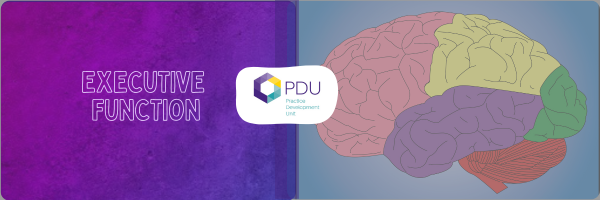
This session takes place on Tuesday 16 September 2025, from 10am to 12 noon
Delivered as a webinar via Teams
Part of our Understanding Neurodivergence and Multiple Disadvantage learning series.
In this session we will:
- Explain the umbrella term of neurodivergence and some common challenges neurodivergent people experience (e.g. communication differences, sensory differences, executive functioning differences).
- Present evidence of increased neurodivergence in homelessness settings, and explore some of the reasons why this may be.
- Include case studies of neurodivergence in people experiencing SMD and examples of reasonable adjustments or tools that can be used to help engage these individuals better.
- Take a deeper look at executive functioning, including what is happening in the brain when someone regularly experiences executive dysfunction.
- Discuss ways you can support someone's executive function, and explore some scenarios that make executive function more of challenge.
At the end of the session we hope you are able to take away:
- A deeper understanding of what neurodivergence is and it's prevalence in people experiencing multiple disadvantage and homelessness.
- How to make adjustments to your approach to be inclusive of neurodivergence, and to re-frame some common "difficult" behaviours with a neurodivergence and trauma informed lens.
- An understanding that many people will be un-diagnosed and may not have insight into their own difficulties. That you don't need a diagnosis to work differently with people to improve their engagement. That people can have layers of neurodivergence, more than one diagnosis and co-occurring mental health diagnoses are the norm.
- Trauma informed care with an understanding of neurodivergence and the time to build up psychological safety is key to engagement.
Presenters:
- Amelia Draper is Evaluation and Learning Lead for Changing Futures Nottingham, which is a service that supports people experiencing Severe and Multiple Disadvantage and attempts to change services and systems to better serve this group of people. Amelia likes to use multiple different methods to explore a research question to build a full picture of what is happening and why. Amelia is interested in the complexity of individuals and believes in a person-centred approach to research.
- Jeremy Garner is a Team Leader for Changing Futures Nottingham.
This session will be recorded and the materials later hosted through the NCVS website.
By signing up to this event you will be added to a mailing list to be notified about future sessions in this series.